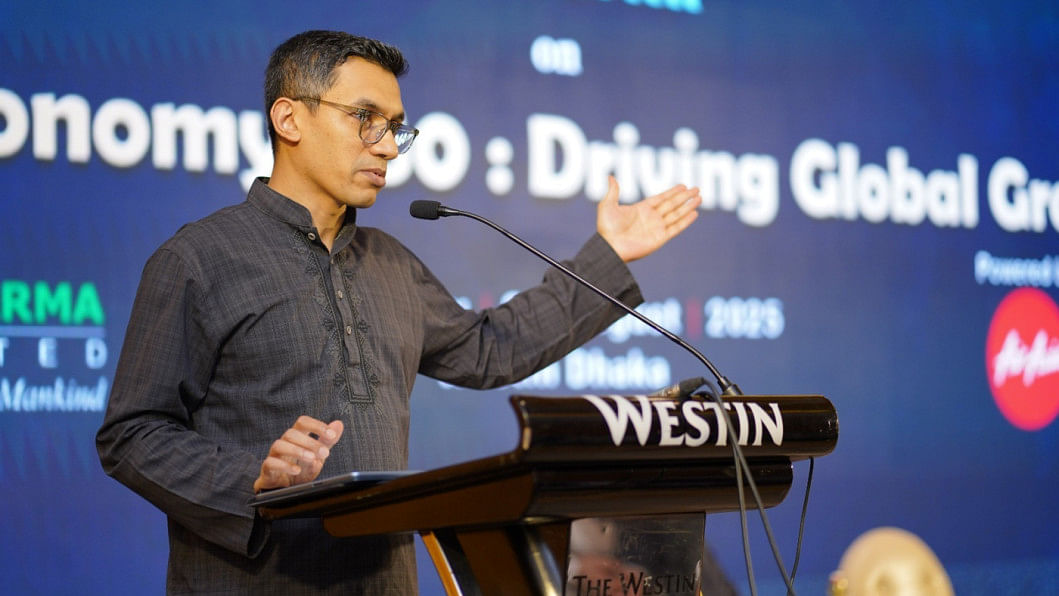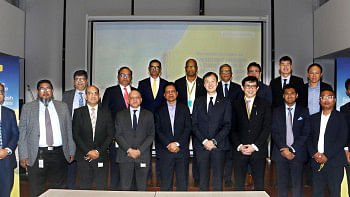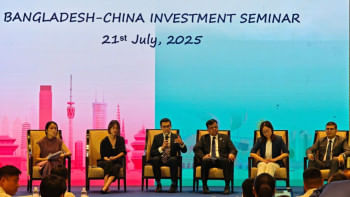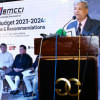Bangladesh eyes stake in $7 trillion global halal economy: Ashik Chowdhury

Bangladesh is working to position itself as a competitive player in the $7 trillion global halal economy, which is growing fast, said Ashik Chowdhury, executive chairman of the Bangladesh Investment Development Authority (Bida) and the Bangladesh Economic Zones Authority (Beza).
"It is ironic that most halal products are produced in non-Muslim countries. This presents a significant opportunity for Muslim-majority nations like ours," said Chowdhury.
He noted that the government is actively working to position Bangladesh as a hub for halal manufacturing, highlighting policy initiatives designed to attract both local and foreign investment in halal-focused industrial zones.
He spoke at a seminar titled "Halal Economy 360: Driving Global Growth," organised by the Bangladesh-Malaysia Chamber of Commerce and Industry (BMCCI) at the Westin Dhaka on August 2.
The event brought together policymakers, trade experts, and industry leaders to explore how Bangladesh can leverage its Muslim-majority population, business-friendly policies, and strategic partnership with Malaysia—a global leader in halal certification—to integrate itself into the global halal supply chain.
Chowdhury also emphasised the need for robust public-private partnerships to foster innovation and sustainability in the sector.
Shabbir A Khan, president of the BMCCI, stressed the urgency of reducing overdependence on the readymade garment sector.
"The halal economy represents an untapped opportunity that aligns with our comparative advantages," he said, adding that Bangladesh could realistically target $7–8 billion in halal exports to Malaysia alone by 2030.
He cited industry projections suggesting that the global halal food market will expand from $3.3 trillion in 2025 to $9.45 trillion by 2034, driven by a compound annual growth rate of 12.42 percent.
"We must act now to secure a meaningful share of this burgeoning market," Khan urged.
Mohd Shuhada Othman, the Malaysian high commissioner to Bangladesh, reaffirmed his country's commitment to enhancing bilateral cooperation through halal certification, knowledge transfer, and standardisation initiatives.
Mominul Islam, professor at the International University of Business Agriculture and Technology, presented the keynote paper at the seminar.
The event also featured a panel discussion comprising halal food processors, certification authorities, and logistics providers, all of whom called for Bangladesh to align its halal certification processes with internationally recognised standards.
Participants further discussed the prevailing trade imbalance with Malaysia—$2.6 billion in imports against only $293.5 million in exports—as a gap that halal trade could help to narrow.
BMCCI leaders reiterated their commitment to unlocking Bangladesh's halal potential through focused advocacy, increased investment, and international collaboration.

 For all latest news, follow The Daily Star's Google News channel.
For all latest news, follow The Daily Star's Google News channel. 






Comments